Ethiopia PM Praises Referendum For New State As Votes Tallied
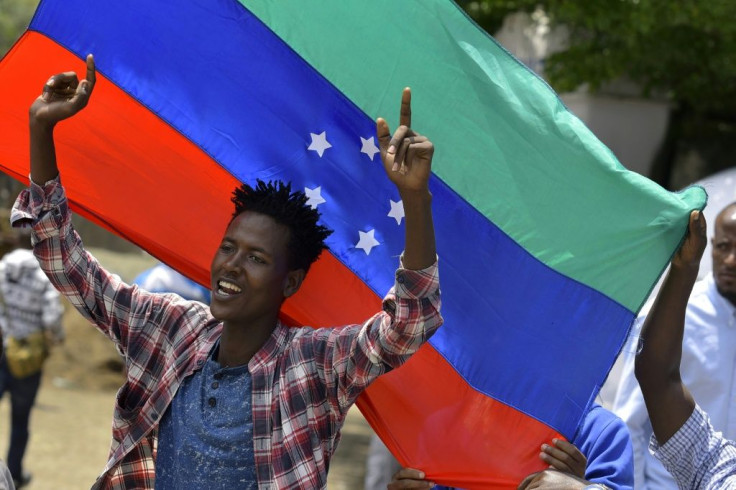
Ethiopian Prime Minister Abiy Ahmed on Thursday praised the conduct of a referendum in the ethnic Sidama region, that many expect will approve the creation of a new federal state.
Abiy's comments came as votes were tallied a day after the ballot seen as a critical test in a nation already struggling with community tensions.
With apparently overwhelming support among Sidamas to form their own state, the backing of Abiy is an important indication of the central government response ahead of the official release of results.
Analysts say it could inspire other groups to push for autonomy and redraw boundaries in Ethiopia, Africa's second most populous country with more than 100 million people.
"Congratulations to citizens and institutions involved in holding a peaceful and democratic referendum for Sidama statehood," a statement from Abiy's office said.
"The voting process is demonstrative of our capacity for taking our differences to the ballot and allowing democratic processes to prevail."
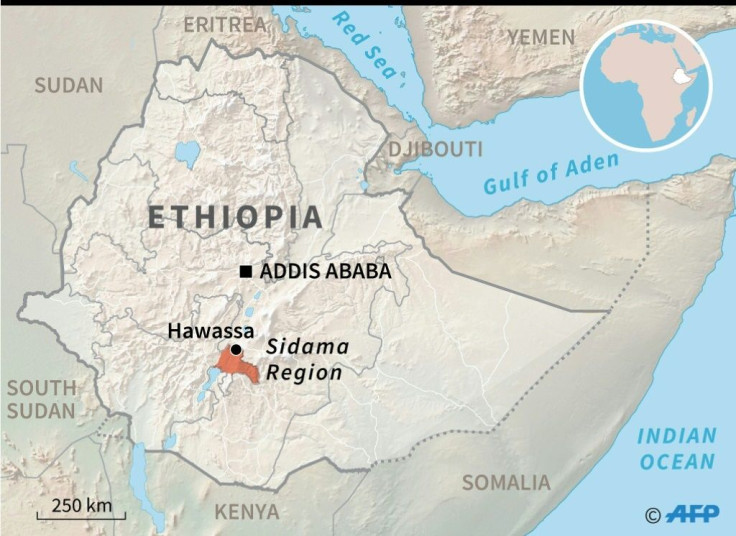
The Sidama autonomy push gained fresh momentum after Abiy, winner of this year's Nobel Peace Prize, took office last year and enacted a series of reforms that have encouraged more freedoms.
But his drive to open up Ethiopia's authoritarian one-party state has also unleashed ethnic violence as different groups and regions jostle for power and resources.
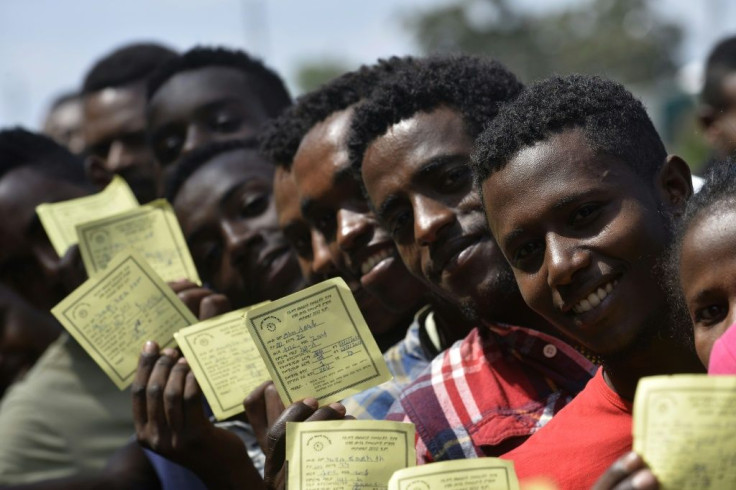
Desta Ledamo, chief administrator of Sidama, said the election "shows the world that a civilised power struggle can take place in Ethiopia".
Local election observers and voters also reported no major issues during Wednesday's ballot.
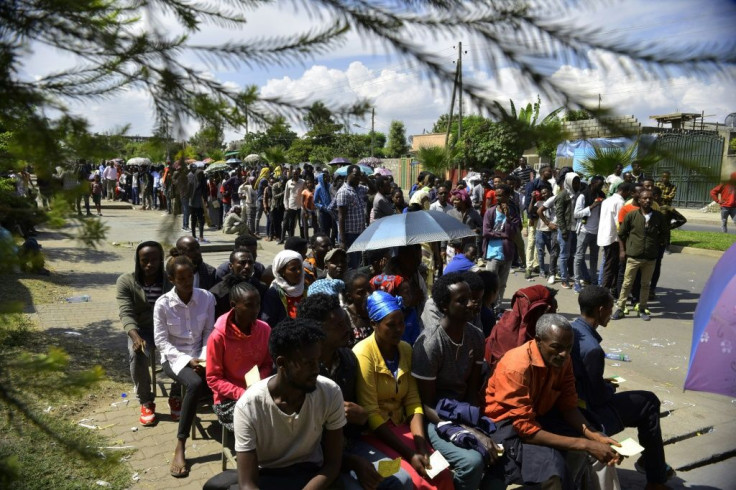
If approved, the new state would be largely based on ethnic divisions, handing tax-raising powers and control over schools, police, health and other services to the Sidamas, who would be in the majority in the state.
Excitement is high on the streets of the regional capital Hawassa, roughly 200 kilometres (125 miles) south of Addis Ababa.
Results are expected by Friday, said Soleyana Shimeles, spokeswoman for the National Electoral Board of Ethiopia.
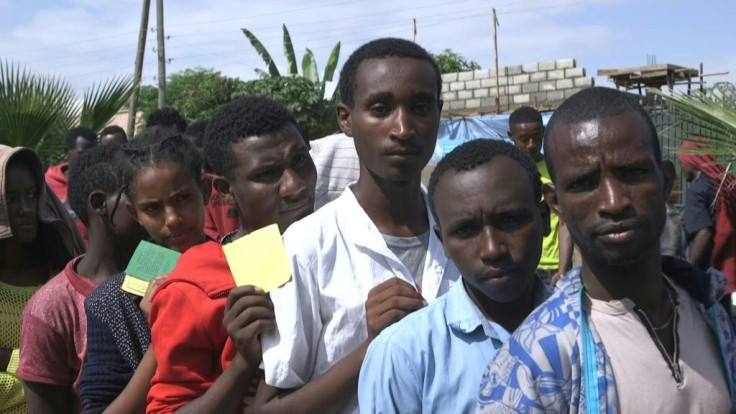
But there is also concern among non-Sidama people in the would-be state, especially in Hawassa, for whom the city is home.
The Sidama push for autonomy triggered days of unrest in July that left dozens dead and prompted the government to place Ethiopia's southern region under the control of soldiers and federal police.
Armed soldiers and police remained on the streets of Hawassa on Thursday, patrolling the city in pickup trucks.
The referendum on autonomy springs from a federal system designed to provide widespread ethnic self-rule in a hugely diverse country.
At present, Ethiopia is partitioned into nine semi-autonomous regional states -- with the Sidama voting for a potential tenth.
The constitution requires the government to organise a referendum for any ethnic group that wants to form a new entity.
The Sidama -- who number more than three million -- have agitated for years to leave the diverse Southern Nations, Nationalities, and Peoples' Region.
If the people in Sidama choose to form a new state, the implementation of the referendum is expected to raise a host of thorny issues.
The city of Hawassa is ethnically diverse -- only about half the population is Sidama -- and up to now has served as the administrative centre for the entire southern region.
In the short term, tensions may be defused by a recent agreement that will allow the regional government to stay in the city for two five-year election terms.
"Celebrations may well be due, but a new region will not be created overnight -- this is just one key part of a process," said William Davison from the International Crisis Group.
"And during no part of that process should Sidama statehood harm non-Sidama residents or businesses."
The "key question now is how Wolayta, Hadiya, Gurage, Keffa and other zones seeking statehood referendums will react", Davison said.
© Copyright AFP 2024. All rights reserved.





















